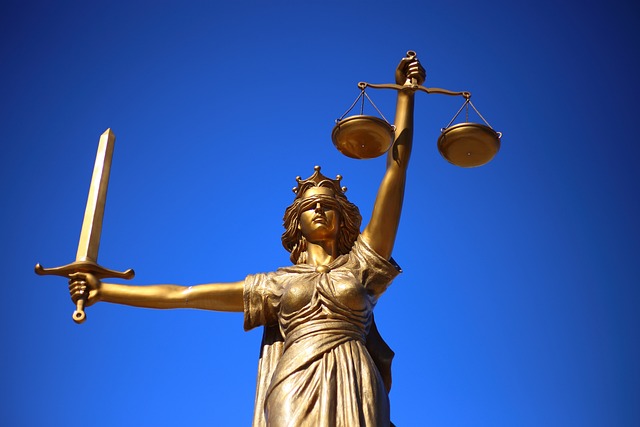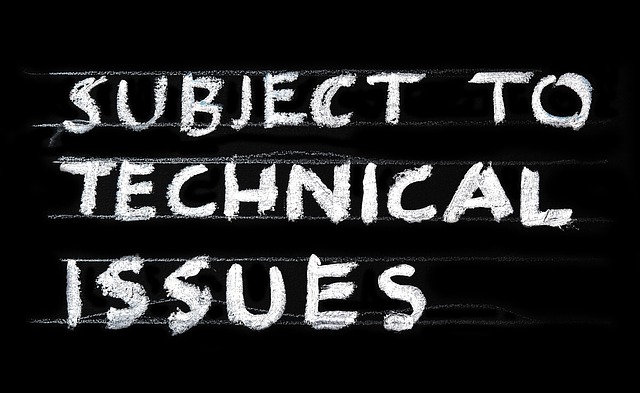Understanding Fairness Amidst the Global Warming Crisis
As the world grapples with escalating temperatures and unpredictable weather patterns, the concept of fairness becomes more than just a moral ideal—it transforms into a crucial framework for addressing the warming crisis. This challenge is not just environmental; it’s deeply social and economic, touching every facet of human life. When fairness takes center stage, we begin to see paths toward solutions that are inclusive, just, and effective.
The Unequal Burden of Climate Change
One of the most poignant realities of the warming crisis is how unevenly its impacts are distributed. Communities least responsible for carbon emissions often bear the brunt of climate change effects. From rising sea levels swallowing low-lying homes to droughts devastating agricultural livelihoods, these hardships demand an honest conversation about fairness.
Fairness requires acknowledging this disparity and pushing for policies that prioritize those most vulnerable. It’s about ensuring that the voices of marginalized populations are heard and that support is directed where it’s needed most.
Fairness in Responsibility and Action
Beyond impact, fairness must guide how responsibility is assigned and how actions are taken. Industrialized nations, having historically emitted the majority of greenhouse gases, have a greater obligation to lead in reducing emissions and funding climate adaptation efforts worldwide. Fairness calls for equitable sharing of this burden, where wealthier countries assist developing nations to transition to cleaner energy and build resilience.
Empowering Individuals through Fairness
Fairness also resonates on a personal level. It fosters a sense of shared purpose and collective responsibility, empowering individuals to contribute without feeling overwhelmed or singled out unfairly. Recognizing that everyone plays a part encourages collaborative community efforts—whether it’s supporting renewable energy projects, advocating for policy change, or adopting sustainable habits.
Fairness as a Catalyst for Hope
Amid the anxiety and urgency surrounding the warming crisis, fairness offers hope. It reminds us that the journey towards a sustainable future is not a zero-sum game but a shared endeavor where justice and equity can drive meaningful progress. When fairness shapes our response, solutions become more robust, inclusive, and ultimately, more enduring.
Embracing fairness in how we confront climate change deepens our empathy and strengthens our resolve. It challenges us to build a world where both people and the planet can thrive—together.




